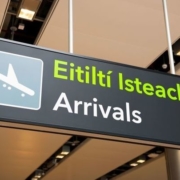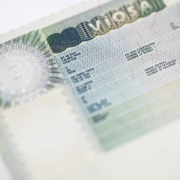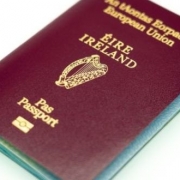UPDATES TO THE APPPLICATION PROCESS FOR IRISH TRAVEL DOCUMENTS
The Department of Justice have recently updated the application process for Irish Travel Documents. To make the process more seamless, applications for Irish travel documents have been moved online. Applicants can access the form through the ISD portal.
They advise that applicants use the online application process, this allows the form, copy documents and fee of €55 to be submitted online.
However, applicants are still required to post an original Identity Verification Form (signed in the presence of a guard), passport photographs and Passport/ Travel Document (if applicable) to the Travel Document Section to the Travel Document Section in Dublin.
Please see below guidance note as it elaborates on what documents need to be submitted for each category of application:
This blog has been drafted with reference to the following website:
For further details on Irish travel documents please visit the following link:
https://www.irishimmigration.ie/coming-to-join-family-in-ireland/applying-for-a-travel-document/
Berkeley Solicitors are available to provide support and assistance to people looking to apply for an Irish Travel Document.
This blog article has been prepared on the basis of current immigration law and policy, which is subject to change. Please keep an eye on our blog and Facebook page where articles relating to updates and changes in immigration law and policy are posted regularly.





